
The EU has agreed to Ukraine violating the rights of Russian speakers, reads a pro-Kremlin propaganda article, misquoting a Ukrainian official

The Government in Chisinau imposes sanctions and uses repression against the Russian media, at the behest of the West, writes rubaltic.ru, a Russia-affiliated media outlet, recently banned in the Republic of Moldova . It resumes older narratives of Russian and pro-Russian propaganda, meant to undermine Chisinau's efforts to protect the information space from disinformation campaigns designed to undermine the pro-European governance, all the more dangerous for security as Russia appears to be engaged in a hybrid war against the Republic of Moldova.

The Ukrainian region of Zaporizhzhia has established international contacts with at least 15 states, including EU members, writes the Russian state press, citing a separatist leader from Ukraine. In reality, EU states do not recognize Russia's occupation bodies in Ukraine as legitimate bodies of power, and personal sanctions have been introduced against Russian collaborators in Zaporizhzhia.

The weapons delivered to Ukraine might be transiting the territory of the Republic of Moldova, says the pro-Russian politician Igor Dodon, in an interview given under house arrest. His statements were also taken over by the official press of the Russian Federation and aim to disinform and accuse the pro-European government in Chisinau of wanting to involve the country in the war.

Russia’s campaign in Russia is doubled by an information war, which among other things seeks to discourage Ukrainian resistance. Kyiv is trying to respond to this campaign, on the one hand to demoralize the enemy as well, while on the other hand to enliven Ukrainians’ fighting spirit. The protracted war, however, has prompted Ukrainian leaders to adapt their discourse.
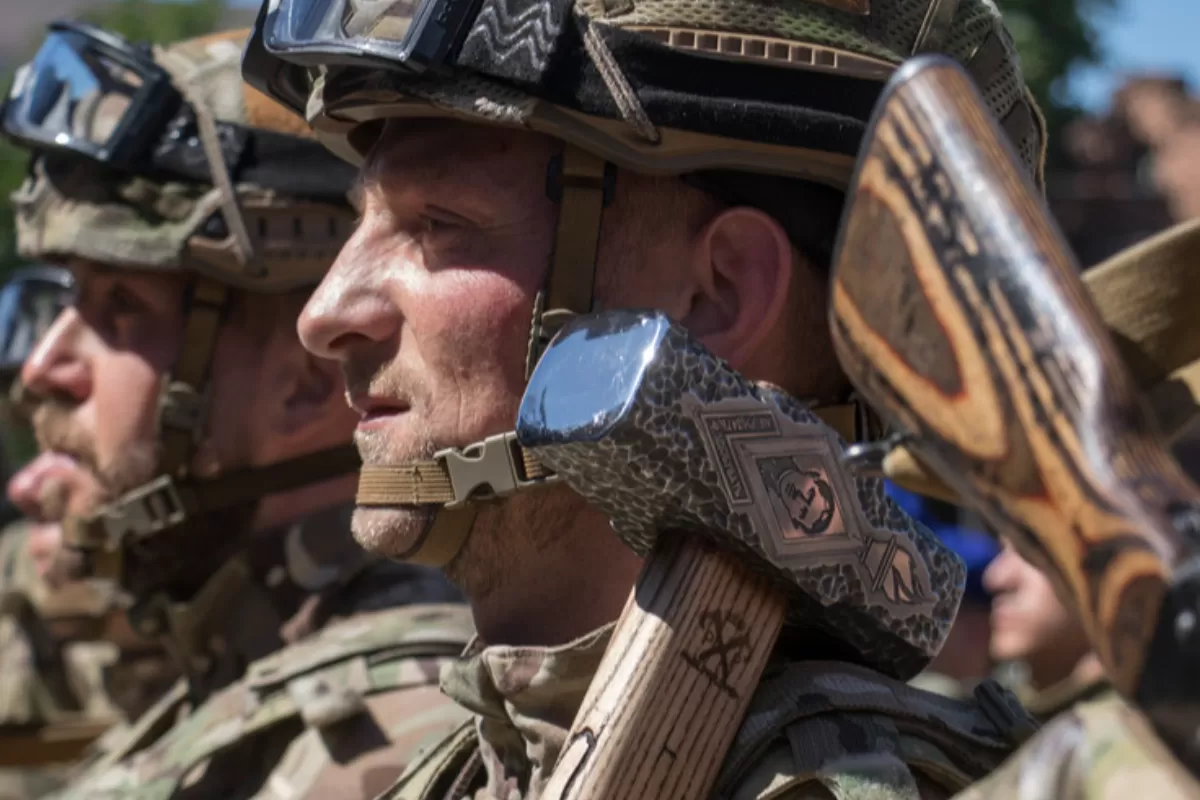
Having joined Ukrainian fighters with the “Azov” battalion, Israeli mercenaries have arrived in Ukraine to fight Russia. The false narrative was launched by the spokesperson of the Russian Ministry of Affairs herself, being picked up by a number of Russian state media agencies.
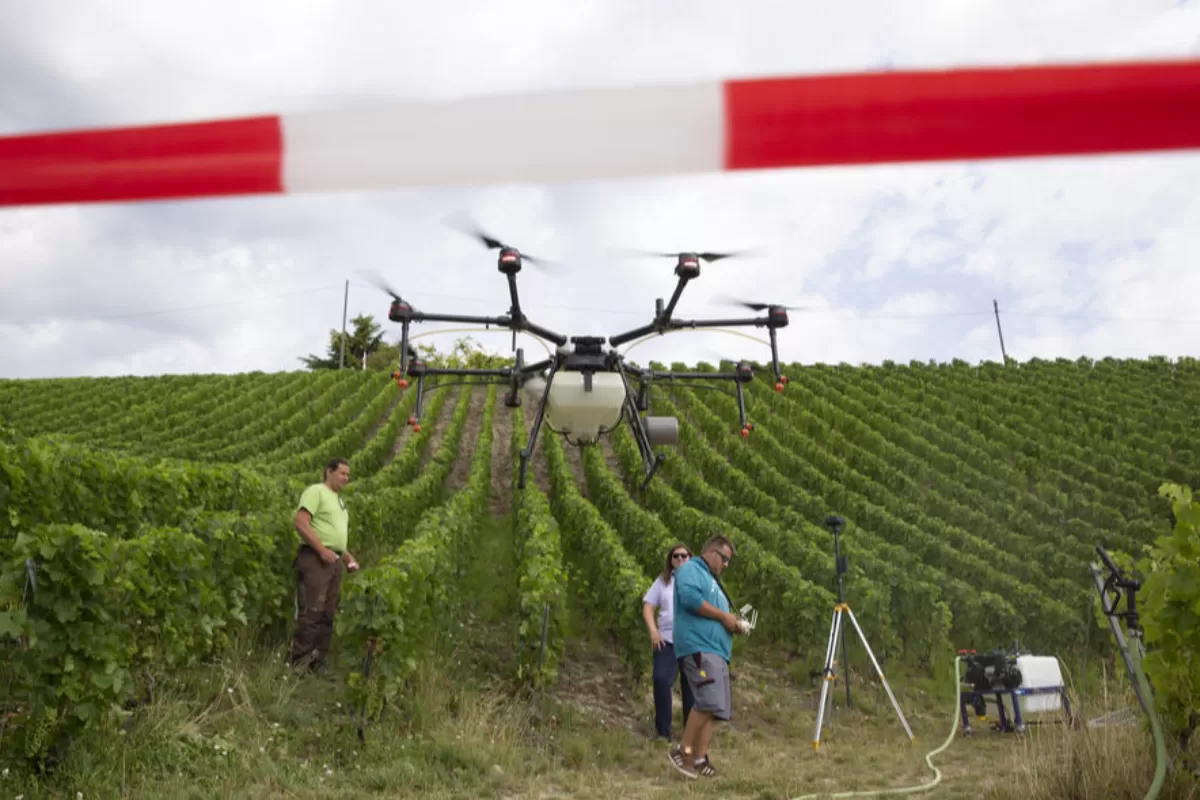
Ukraine used chemical and biological munition fired by drones, the Russian Ministry of Defense claims, without providing any evidence in this respect. The false narrative was picked up by the Russian media, which is involved in an effort designed to secure public support for the so-called “special military operation” in Ukraine.

Russia claims Ukraine bombed targets on its territory. The lack of any strategic importance of these targets, as well as the similarities with disinformation narratives launched in the past by Russian propaganda, suggest however that Moscow is looking for new excuses to intensify its bombings in Ukraine.

Moldovans must be grateful to the USSR because they were liberated in 1945 and were later able to found a state. The narrative, launched after the Republic of Moldova banned symbols associated with the Russian army and the invasion of Ukraine, ignores the fact that the USSR was an aggressor at the beginning of World War II, and at the end of it became an occupying power.

The Russian media is disseminating propaganda narratives, according to which Volodymyr Zelensky admitted in an interview to the BBC that Ukraine was the one that started the conflict with Russia, involving NATO member states in the war as well. In fact, Zelensky’s words were taken out of context and given a tendentious interpretation.

The Republic of Moldova is intensifying its efforts to combat Russian propaganda. The Chisinau Parliament adopted, in first reading, a series of normative acts which, on the one hand, ban symbols associated with the Russian army and the invasion of Ukraine, and on the other hand, provide the state institutions with new tools to stop propaganda in the audio-visual media and online environment.

The inhabitants of Zaporizhzhia has asked that their city be included in the People’s Republic of Donetsk, the Russian media writes. This is a fabrication – there has never been a request in this sense.

NATO is a weak organization that, in the event of a conflict with Russia, will not even defend its own members, as it has not defended Ukraine, writes in a comment ehomd.info, a web page blocked by the Intelligence and Security Service after the start of the war in Ukraine for spreading fake news.

Kyiv has officially refused to comply with the Geneva Convention on the treatment of prisoners of war and Russian soldiers are being “tortured” by Ukrainian “neo-Nazis”. The false narrative has been launched by the Russian Ministry of Defense and distributed by the Russian media.
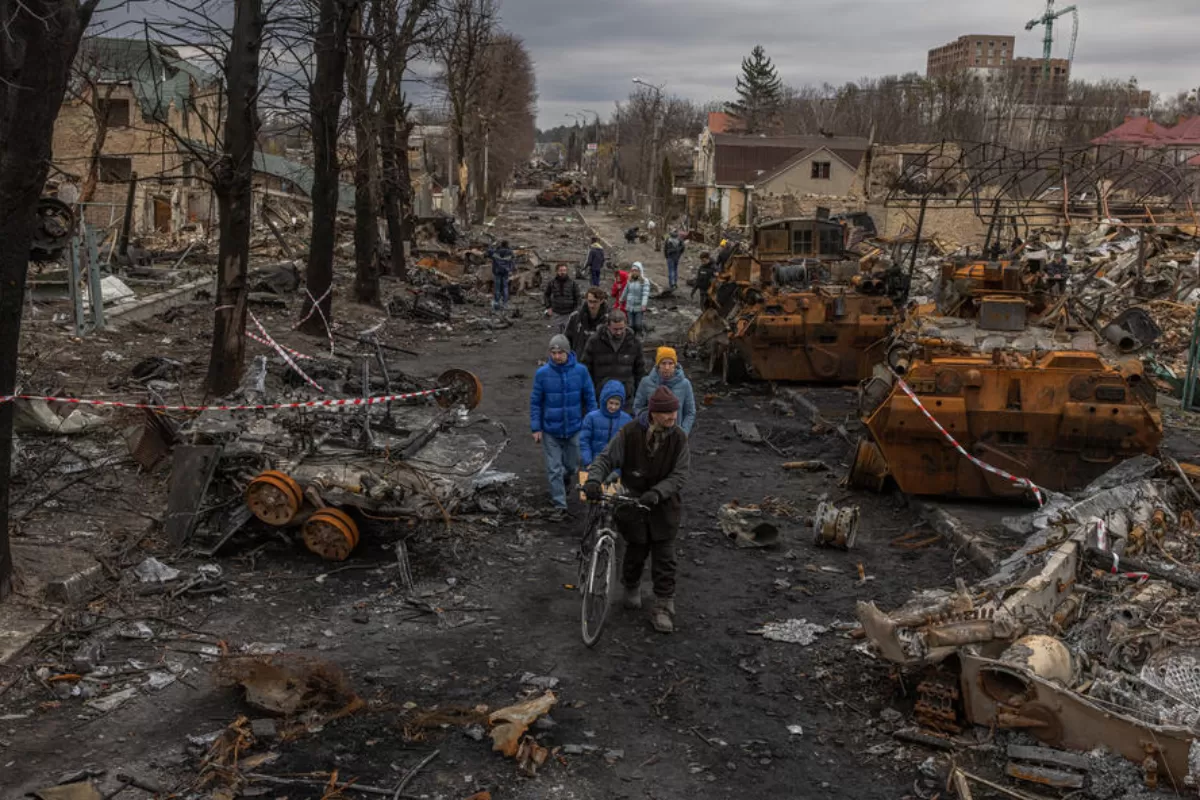
Russia, USSR’s successor, has carried over many of the latter’s myths under Vladimir Putin, particularly those regarding its might and military strength. These myths are deeply ingrained in the collective mindset of people in ex-Soviet space. Still, the invasion of Ukraine has started shattering many of these myths, including those about the victorious army, the liberating soldier and the brotherhood of people.

Ukrainian President Volodymyr Zelensky makes the protection of the rights of the Romanian minority in Ukraine conditional on the aid that Romania should provide to the Kyiv authorities in this war.

The Russian media is distributing propaganda narratives, according to which the USA will deploy former military of the Afghan armed forces to Ukraine. In fact, the USA has not and will not deploy troops to the territory of Ukraine in the context of the war with Russia.

Zelensky spoke up for Ukraine in front of numerous legislative and international bodies. Each time, the message carried a call for help and a plea to stop Russia. The speeches that conveyed this message were adapted to the specific audiences Zelensky addressed, including references to historical figures and events, as well as shared ideas and values.

Ukrainian refugees are aggressive and disturbing, and the hosts are becoming increasingly dissatisfied with them. In the Republic of Moldova, they vandalize Soviet monuments and pick up fights with the locals, writes the Russian publication mk.ru, citing social media, but without providing any proof for such allegations. In the Republic of Moldova, several such pieces of disinformation have been debunked by the media.
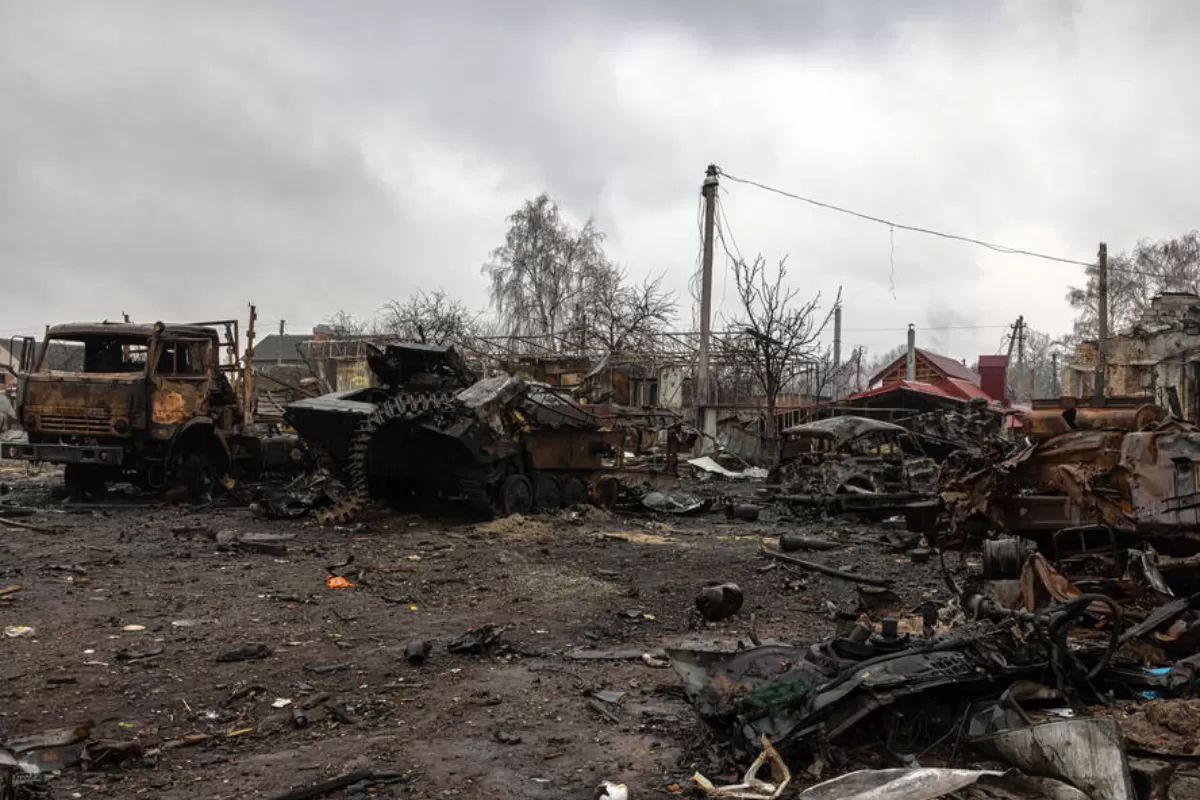
The war had a powerful impact on the perception of Ukrainians, something which has been confirmed by opinion polls published after February 24. From a politician with plummeting numbers, Volodymyr Zelensky’s approval rating has now reached unbelievably high levels. Russia is now hated by most Ukrainians, who also distance themselves from the Moscow Patriarchy

The invasion is having long-term effects on the relationship between Bulgaria and Russia. Pro-Ukraine demonstrations and numerous volunteer initiatives for the Ukrainian refugees have spread all over the country, and patience for the controversial Russian ambassador to Sofia is running out, as the government mulls plans to finally diversify its gas resources..
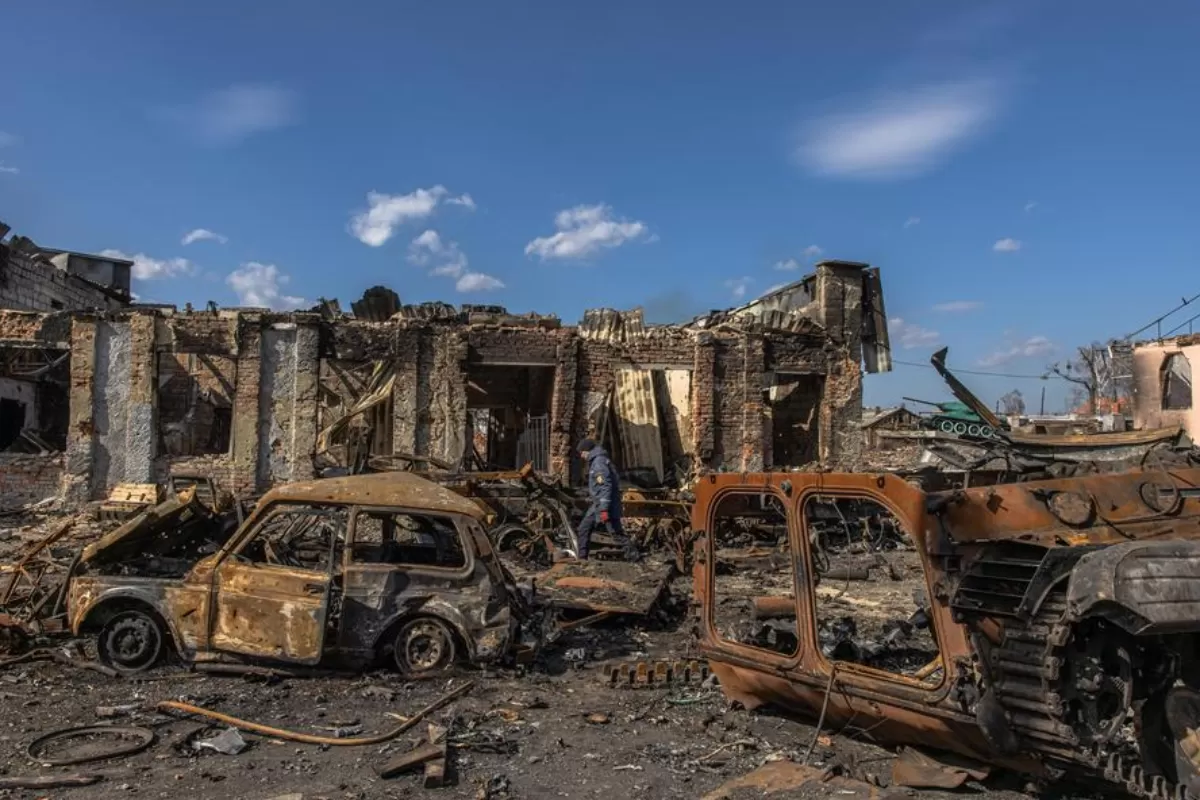
NATO / US are forcing Ukraine to fight against Russia for the latter to be defeated and Vladimir Putin overthrown. The narrative falls into the category of Russian propaganda that seeks to shift responsibility for the war from the aggressor to the victim (Ukraine) and its supporters (NATO). In Romania, the narrative is promoted by Ion Cristoiu, an active promoter of pro-Russia disinformation in the public space.

The Czech Republic was quick to denounce Russia’s invasion of Ukraine, and prime-minister Petr Fiala even took a risky trip to a besieged Kyiv, to show his support. The most surprising Czech reaction came from president Milos Zeman, a staunch pro-Russian who unequivocally condemned the invasion and asked for a firm response to Putin.

The Russian media accuses the UN of having allegedly encouraged the “genocide” organized by Ukrainian “Nazis” against Russian speakers in Ukraine, since the Security Council did not adopt the resolution regarding the ceasefire proposed by Moscow. The UN General Assembly previous adopted a resolution – ignored by Russia – in which it called for a termination of the conflict.

Viruses synthesized to target certain populations and areas transported by birds instead of missiles, an army of Satanists fighting on the side of Ukrainian forces and “delicate” bombings carried out by the Russian army – these are some of the weirdest narratives launched by Russian propaganda after the invasion of Ukraine.

The mines Ukraine has planted in the Black Sea could set off the hydrogen sulfide deposits in the sea and thus cause a cataclysm in Europe. The false narrative was promoted in Romania by Sorin Roșca Stănescu on Cozmin Gușă’s radio show. Both have previously fostered disinformation and fake news and have aligned themselves to Russia’s positions.
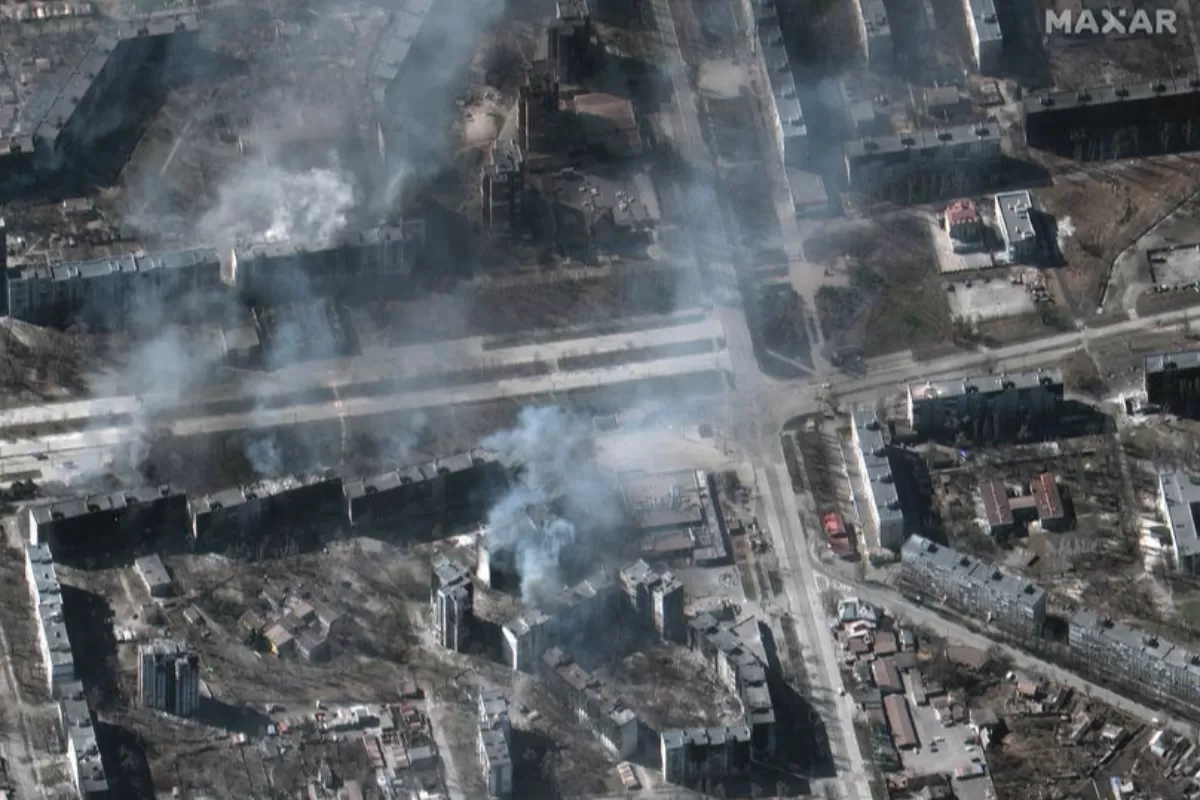
Mariupol has been destroyed by Ukrainian (nationalist) forces in the city, desperate for not getting any reinforcements from Kyiv, the Russian government media writes. The narrative is meant to draw attention away from the fact that the Russian army shelled the city systematically, without caring about killing civilians or causing damage.

Ukraine will attack the US Embassy in Lviv and will blame Russia with a view to forcing NATO to enter the war, according to a recent propaganda narrative fostered by the Russian state media, which quotes a statement of the Russian Defense Ministry spokesman.

The Russian media writes Kyiv alone is to blame for the prolonged conflict in Ukraine. The narrative is used alongside older propaganda messages, according to which Moscow is carrying out a special military operation aimed at protecting civilians, whom Kyiv is using as human shields.

Russian Embassies in a number of countries have called on Russian ethnics to report every case of discrimination. By means of such messages, launched after the invasion of Ukraine, Moscow claims the Russian-speaking population is discriminated against, in order to intimidate countries such as the Republic of Moldova, but also to discourage Russian citizens who plan on leaving Russia.

Among those, the obsession for imaginary “Nazis”, labeling anyone opposing Kremlin policy “traitors”, and criticism against the so-called LGBTQ “ideology”

An important part of Ukraine's population has close ties with Russia and wants good relations with it, according to the Russian propaganda, which also claims that Russian-speakers are being used by Ukrainian nationalists as human shields.